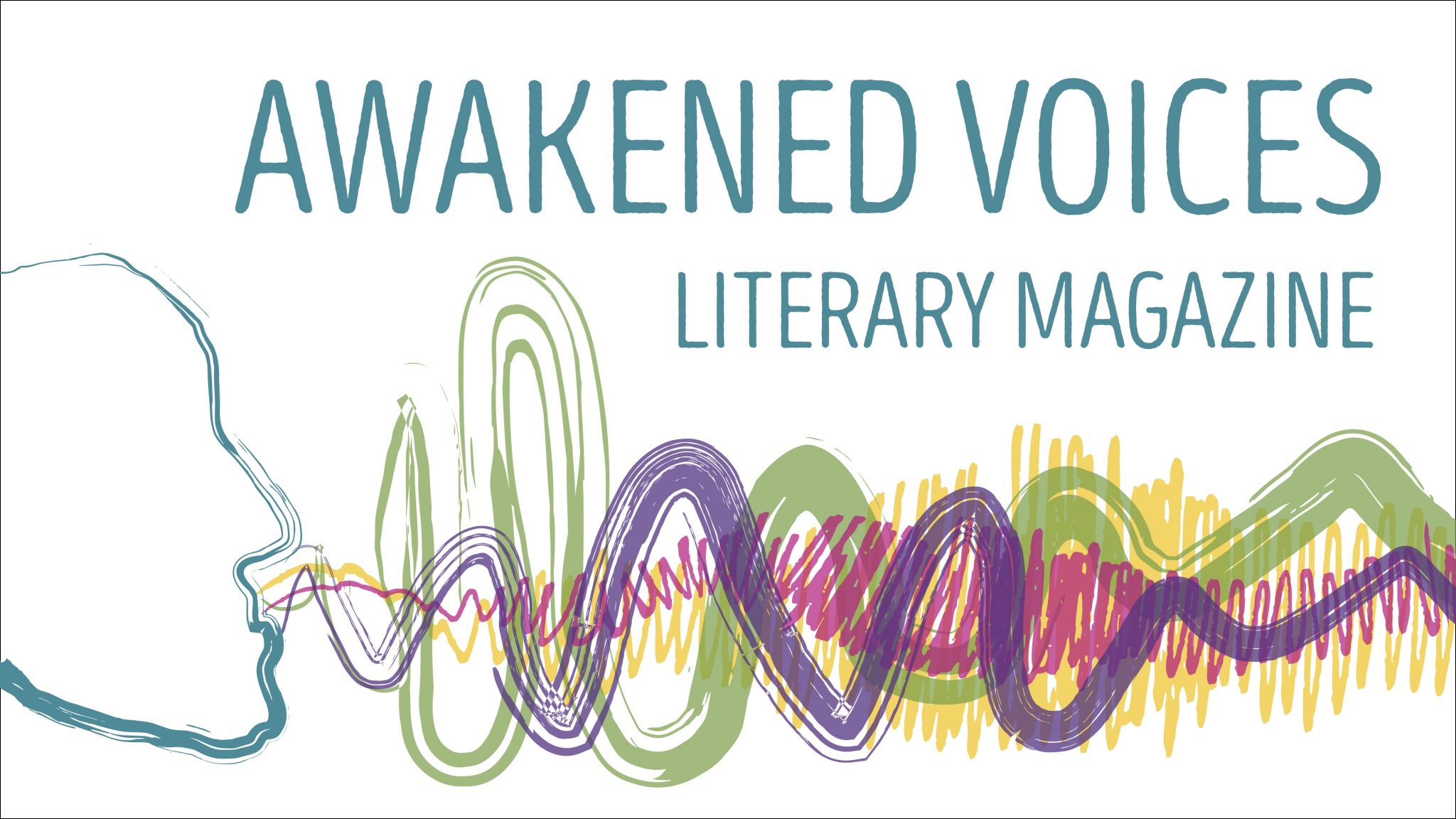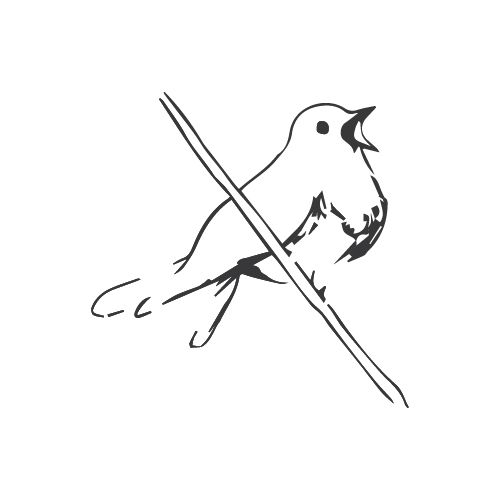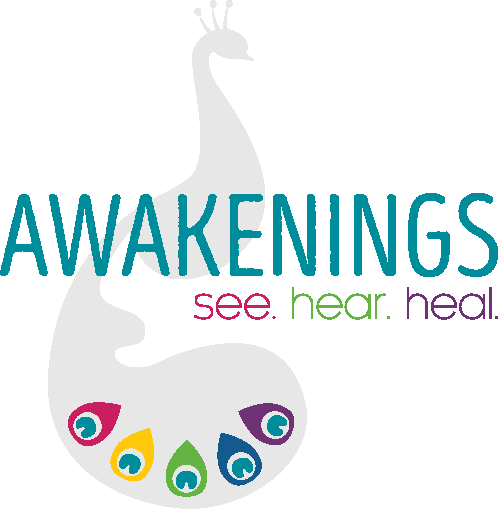
When we’re brought to city of Amman, Jordan with Shantha Bunyan, we’re briefly wrapped up in all the details, small and large, that make up moments of her daily life there. There’s a clear sense of place, and as we learn about something as simple as the walk home from work, Bunyan also highlights the normalized violence. Mohawk and a Heart is a unique and important response to the recent Nightingale prompt calling for perspective on storytelling as a survivor—Bunyan skillfully acknowledges the global differences in survivor storytelling and how these stories shift according to the histories and norms of a society.

A Mohawk and a Heart
by Shantha Bunyan
I was on my way home from the charity hospital where I had been volunteering in Amman, Jordan. I‘d just finished another long day in the operating room, dealing with extremely foreign hospital bureaucracy, working with staff who speak mainly Arabic, and helping doctors perform surgery on Syrian refugees. I was returning to the partially furnished apartment I’d rented within walking distance of the hospital.
It was still a warm afternoon, and though children were out of classes for the day, the sun hadn’t begun its descent into the surrounding hills for the night. As I began to head up the main road, debating whether I’d stop for some delicious kunafe on the way home, I noticed a few young boys playing in the street. Unfortunately, they noticed me as well. They began following me up the street, and I began to get a little nervous. Although I don’t speak Arabic, and couldn’t understand their words, I could tell that they didn’t have good intentions.
I’d had trouble in the streets of Amman before. Even though I didn’t dress provocatively, choosing mostly long skirts or pants, I was obviously foreign. My mohawk gave me away instantly. That hairstyle wasn’t exactly typical for females in the region. I’d already been harassed, honked at, felt up and followed during my time in Jordan. Some kids had trailed me just the week before, chanting, “Man or woman?” Given my skirt and large breasts, it was clear they were simply being mean, rather than confused.
Mostly I took this type of behavior in stride. I’d been living abroad for several years. People have trouble accepting things that don’t fit their societal norms. Often they react negatively, particularly in conservative countries. Though Jordan is thought of as a very westernized, open-minded Middle Eastern country, I had been surprised at how difficult it was for women, particularly those who are unique in any way. Even my Jordanian friends who didn’t wear hijab had not made the decision lightly. I could understand why so many would conform, simply to avoid harassment, fear or injury. Although I was happy to respect local culture and beliefs and would cover my hair if attending a religious function with friends, I refused to compromise my own beliefs for the comfort of closed-minded people. I’d fought long and hard in my life to accept myself and wouldn’t lose ground in that fight to make someone else feel comfortable. While I loved many things about my time in Amman, the intolerance was not one of them.
Suddenly, something hit me—hard—bouncing off of my back and onto the street next to me. I saw that it was a soda bottle. I turned around quickly to face my attackers, heart racing.
Those boys were right behind me, taunting and jeering. Each one of them was carrying a projectile of some sort. Firmly, I told them to stop, hoping my voice made my meaning clear. I turned, determined to continue walking and felt a rock hit my leg.
As I hurried up the hill, unable to get away from the boys, I looked around desperately, hoping for someone to help me. But I saw the faces of the locals along the road. People lined the street, staring at the situation unfolding before them. Shopkeepers stood in their doorways, arms folded. No one reacted or stepped in. No one stopped the boys intent on hurting me. This type of behavior was condoned by society, apparently.
As I pulled my phone from my pocket, I realized I didn’t know the Jordanian number for 911. (I was pretty certain, however, that it wasn’t 911.) Still, I turned to face the boys with my phone and said, “No! Stop! I’ll call the police!” Of course, I couldn’t, but they didn’t know that, and the words “No!” and “Police” are pretty easy to translate.
They stopped, deterred for a moment, but then advanced again. Thinking quickly, I began taking their photographs, hoping I could use the photos to identify them if necessary. I’d had trouble with a handsy cab driver earlier that month and hadn’t gotten his information, intent only on escape. When I’d arrived at work, my coworkers, horrified that something like that should happen, wanted me to report him. I only became upset when I realized that because I couldn’t report him, he might hurt some other girl in the future. This time, at least, I would have evidence of the perpetrators, even if they were just children.
Once the boys realized what I was doing, they finally stopped following me, dropping their projectiles and hiding behind a car before running away down an alley. I chased them for a step or two, acting as though I actually wanted their photos, rather than simply to escape. Then I stopped, shaking from head to toe.
After a couple of quivering breaths, I turned and continued on my way home. Unfortunately, there was little else to do. But as I walked, I lamented the fact that these young children were growing up believing that it was acceptable to injure people who don’t conform to their narrow views.
After hearing about these incidents, the head of the hospital where I volunteered was quite upset. He connected me with a local family, who rented me a room and drove me to work for safety. Luckily, that family provided the opportunity to get to know even more wonderful local people and culture. Nonetheless, I was quite ready to leave Jordan when my visa expired and a scuba job arose in Malaysian Borneo. At least in Borneo, the most I’d had thrown my way were stares and the occasional, “Hello, sir.”
I can only hope that my Jordanian coworkers and friends who heard my story told their family about the woman they knew who had come to their country with both a mohawk and a heart for helping.
*
Shantha J. Bunyan, a Bi-POC, is a scuba dive master currently land-locked in her native Colorado. Sometimes she manages her chronic pain and invisible illnesses and sometimes they try to manage her; but while she’s fighting, she writes. A former surgical technician, she gave in to wanderlust in 2014 and spent the next 5+ years living abroad, visiting dozens of countries and exploring the world both above and below the surface. Shantha’s publication links and some of her travel adventures can be found at RandomPiecesofPeace.com.
